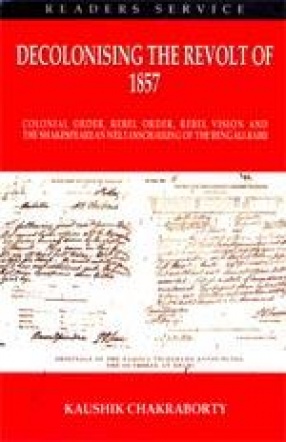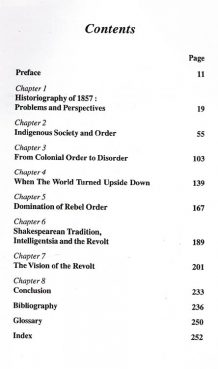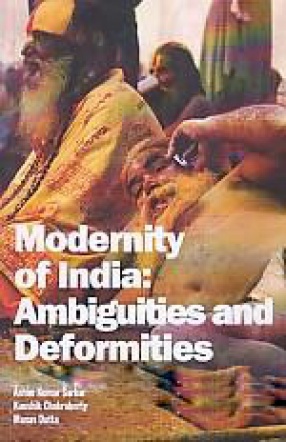The image of 1857 in Indian history is marked with great hope, desire, aspiration, rebel, violence, state violence as well as despair, agony and horror. What was hope and desire to the rebels was a veritable horror and agony to the Europeans. Europeans, because the revolt happened although against the British Indian Colonial State but far from remaining confined as a struggle only against the British, the revolt demonstrated itself as a struggle against Europeans in India as a whole. On their part the Europeans as a whole identified themselves with the British Indian Colonial State. The present study is a reassessment of the history of 1857 keeping in mind the aforementioned issues. From contemporary historiography down to the historiography after nearly 150 years the revolt of 1857 is generally treated as a result of a hatched out conspiracy. The Indian nationalists, later the Marxists and Subaltern School tried to combat the conspiracy theory. But methodological problem and sometimes constitutionalist approach from their part resulted in misinterpretation.
Decolonising the Revolt of 1857: Colonial Order, Rebel Order, Rebel Vision and The Shakespearean Weltanschauung of the Bengali Babus
In stock
Free & Quick Delivery Worldwide
reviews
Bibliographic information
Title
Decolonising the Revolt of 1857: Colonial Order, Rebel Order, Rebel Vision and The Shakespearean Weltanschauung of the Bengali Babus
Author
Edition
1st ed.
Publisher
Readers Service, 2007
ISBN
9788187891611
Length
256p., Tables; References; Bibliography; Glossary; Index; 22cm.
Subjects








There are no reviews yet.